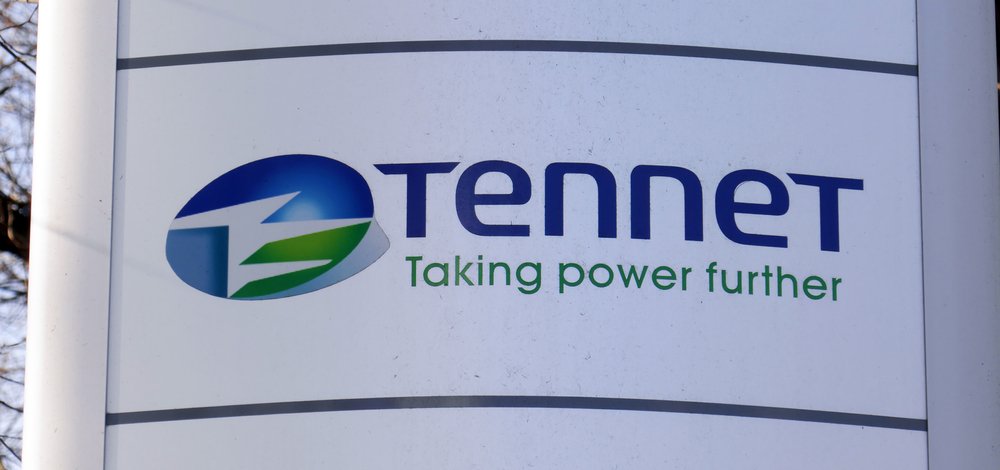The German government is planning a targeted state investment in TenneT Germany because the energy system is bearing enormous burdens and a stable framework is essential. Bottlenecks in the transmission grid, increasing feed-in volumes, and pressure from international markets are creating additional needs for action. Focusing energy policy on robust structures increases security of supply and builds trust in key infrastructure. The planned €7.5 billion in the draft budget for 2026 provides the necessary financial leeway. This step is based on a long-term strategy and uses state investment as a tool. Grid expansion is also moving more into focus, as a stable electricity system is inconceivable without sufficient lines. (spiegel: 12.11.25)
State participation as a strategic instrument
The initial investment will be facilitated through KfW, as this structure offers flexibility and enables parliamentary oversight. A newly created budget line will govern the expenditures for acquiring and holding the stake. The documents demonstrate that this approach is based on long-term planning while simultaneously establishing a solid link to regulatory tasks. This structure strengthens the energy strategy by promoting investment and supporting policy objectives.

The Netherlands is also seeking partners for a partial sale and is opening talks with Berlin. This exchange creates opportunities that promote both financial stability and political alignment. The cooperation also provides incentives for expanding the high-voltage grid, which forms a central hub in the interaction between the two countries.
Grid Expansion as a Core National Task
TenneT Germany operates over 14,000 kilometers of power lines, thus controlling the largest infrastructure of its kind in the country. Expansion is considered crucial, as renewable energies can only be utilized with reliable transmission lines. The German government is therefore using its stake in the company as a means to facilitate investment in grid development and reduce risks.
The Dutch parent company is also seeking relief, as expansion ties up enormous sums of money. Cooperation with Germany not only creates financial options but also increases electricity stability, which is increasingly required due to fluctuating feed-in volumes. Government investment thus fosters confidence in major projects and simultaneously sets clear priorities for political direction.
Setting the Course for the Next Decades
This multi-billion euro package signals a shift in direction that extends beyond individual projects. Policymakers are strengthening critical infrastructure and prioritizing transparency in the management of key grid components. This places energy policy more firmly at the center of strategic decisions, as a high-performance grid forms the basis of a reliable electricity supply.
Government participation appears to be a logical component in this context, as it creates planning certainty while simultaneously addressing security policy aspects. This provides additional impetus for the expansion of the transmission grid, and at the same time, a regulatory framework is taking shape to guide the transformation of the energy system. The coming months will clarify the details regarding the release of funds, the implementation of government involvement, and the realization of key infrastructure measures.
